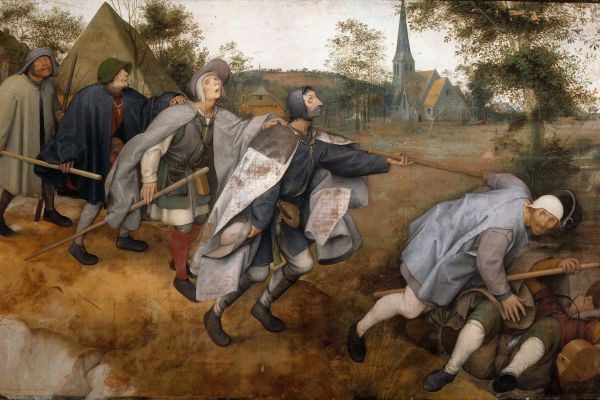
Survivor Guilt
Survivor’s guilt (or survivor guilt) is the experience of psychological distress due to surviving or escaping a situation relatively unharmed or unaffected, as compared to others. When one emerges relatively unharmed from an accident, conflict, or pandemic, for example, while others have died or experienced significant loss, a person may experience survivor’s guilt, despite bearing no responsibility for the outcomes that occurred.
Disasters are arbitrary. A tornado can destroy one family’s home and leave another across the street intact. A mass shooting can leave one person critically injured and someone next to them unscathed. A layoff could wipe out a department but still leave a few workers standing. Such scenarios are difficult for people to make sense of, and their empathy or underlying personality states or traits may make them feel like they did not deserve to be spared.
Survivor guilt is not a recognized clinical diagnosis, but the experience is common and often requires treatment. Someone living with survivor’s guilt may feel the same things as people facing other forms of guilt: numbness, disconnection, shame, sadness, headaches, trouble sleeping, and social disconnection. Some research suggests that people with a history of depression or low self-esteem may be more prone to survivor guilt than others.
An individual may feel that they can never do enough to help others who were touched by a disaster, thereby compounding their guilt. Sometimes, instead of helping at all, their guilt leads them to withdraw from their community and even their close social circle.
Veterans often experience survivor’s guilt. A soldier may witness a comrade standing next to him be killed and wonder at the apparent unfairness of their own survival. Such feelings are not rational, and studies of veterans show that they generally understand that, but they still may be sure that they could have done something to save a fellow soldier and so feel responsible for their fate. They may even feel as if they betrayed the dead. When an accident, a friendly-fire incident, or a malfunction leads to a death, others in a unit may feel profound guilt.
Survivor’s guilt among Holocaust survivors is a widely researched phenomenon. Survivors could be described as suffering due to the apparent privilege their survival bestowed on them as opposed to treasured relatives, friends, and neighbors. Some who have studied the psychology of survivors believe that this guilt is often the manifestation of survivors’ rage at the perpetrators of the Holocaust, turned inward. Others have found that survivor guilt motivated many survivors to bear witness and speak about the lessons of the era. And some researchers have found that survivor guilt often extends to the children of Holocaust survivors as well.
Guilt is a normal reaction to surviving a disaster that may have ruined many other lives. Understanding that is a crucial first step to moving past those feelings.
Irrational notions like survivor guilt can be particularly challenging to overcome, especially when they become a part of someone’s identity. Those living with survivor guilt may be convinced that their actions led to the suffering of others, that they could or should have done something to rescue those who died or suffered.
In everyday life, someone carrying feelings of survivor guilt may feel badly about advancing at their job while their spouse or sibling is unemployed, or riding in a bike race while their closest friend has to give up riding because of a serious injury. But research suggests that not talking about one’s victories, big or small, because of guilt or a sense that they are undeserved, jeopardizes both one's own mental health and one's close relationships; the reality is that most people close to us do want to share in our achievements and that doing so enhances connections.
Taking time to grieve the loss of life or property is an important first step. Along with that, maintaining one’s physical health, especially positive diet and sleep habits, is vital. Taking positive action, particularly to help others touched by the traumatic event they survived, reportedly helps some people feel that they are of service and reminds them that their life has value. Writing about one’s experience in a journal has also been found to help some survivors move forward. When strong feelings of guilt linger for weeks without easing, an individual should consider talking to a mental health professional.








